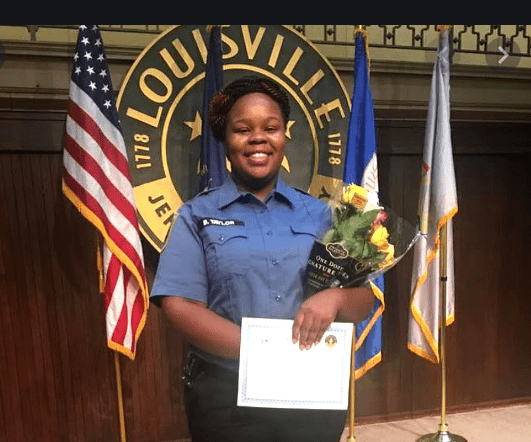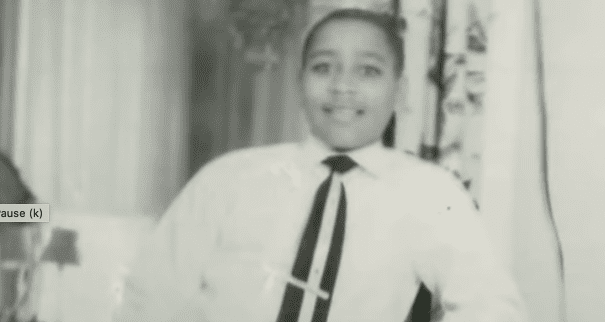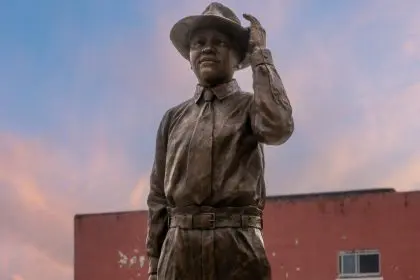
Congressman and icon of the Civil Rights Movement John Lewis recently released March: Book Three, the final entry in a trilogy of graphic novels recounting the history of the movement from Lewis’ perspective. The first two installments were well-received, with March: Book One becoming the first graphic novel to win a Robert F. Kennedy Book Award.
“I feel very good about it. This book is a road map. It is a guide. It is a way to educate, inform, and inspire another generation to be committed to the way of peace, the way of love, and the way of nonviolence,” Lewis told MSNBC Tuesday, Aug. 2.
Though the graphic novel covers events as told by Lewis, sometimes reliving them in this form becomes overwhelming for Lewis.
“It’s said when you see something not right, not fair, not just, you have a moral obligation to do something, and this book is — when I opened up [to co-author Andrew Aydin and illustrator Nate Powell] — what Nate and Andrew have been able to do is amazing to me. I have to close it sometimes, seeing the drama — what people went through — just to get the right to vote,” Lewis continued.
March: Book Three presented a challenge to the writing team as they worked to engage audiences of all ages in a subject matter that is compelling, but not exactly light reading.
“With the third and final volume, there was so much darkness, so much hopelessness, and so much brutality, that it became a very serious consideration along the way — how to structure and pace this particular volume … how to convey ideas consistently, but also how to maintain this intimate relationship between the actual human beings who endured, triumphed, and at times paid the ultimate price … without it simply overcoming the reader at times,” illustrator Powell explained.
Many schools have placed the graphic novels on required reading lists, including several universities.
“I’m very pleased, gratified, to see teachers, educators, and administrators saying ‘We need this book. We want it in our classrooms. My students need to read it,’ ” said Lewis.
The team will find it hard to resist another entry extending beyond what was initially intended to be a trilogy covering Lewis’ life from 1963 through the signing of the Voting Rights Act in 1965.
“I don’t think you can leave out John Lewis’ life from ’66 to ’68 because — being pushed out of SNCC, and the [alleged] coup from Stokely Carmichael, and the murder of Martin Luther King, and he was actually in the hotel room with Robert Kennedy’s widow Ethel Kennedy and the rest of the family the night he was assassinated — we’re just trying to find a way to show people … how it’s all connected, so that young people today feel connected,” said co-author Aydin.
Whether the saga continues beyond the initial trilogy or not, the March graphic novel series is essential reading.















